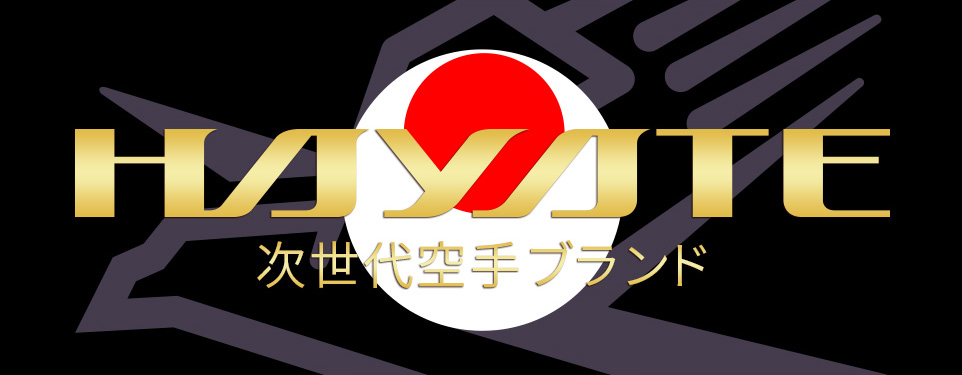5: Not Letting the Tournament Results Control Your Emotions【Kusahara Katsuhide, Chairman of JKA 】
Japan Karate Association’s karate includes kata and kumite. Especially in kumite matches, the winners and losers are determined by techniques in a split second, so the competitors fight seriously. Even the spectators get excited while their hands get sweaty over watching the tournament. Therefore, in karate matches, as in any other sporting event, it is a joy to win and frustration to lose.
However, karate is not about being happy or sad through winning or losing a match. Of course, as long as you are competing, you must strongly feel that you will not lose a fight. Moreover, it is disrespectful to your opponent to compete with a lukewarm attitude. However, winning or losing is not everything. The tournament is a means to further growth and a passing point, not the goal of karate training itself.
Then, what is the purpose of karate-do? Ultimately, it is to cultivate a mindset of self-control. Gichin Funakoshi Sensei, the father of modern karate-do, taught only kata. Later, Masatoshi Nakayama Sensei, who played a central role in introducing kumite matches as the first Chief Instructor of the Japan Karate Association, left the following words: “The ultimate goal of karate-do is not to win over others, but to overcome oneself.”
Self-control is about discipline. In other words, it is about overcoming one’s weaknesses and cultivating a solid heart that will not be defeated by harassment, temptation, or injustice. Through this, we aim to become people who can contribute to society by courageously doing what we believe is right. That is the purpose of karate-do as a martial art and precisely why we practice every day.
Thus, we give our all to the games, but the important thing is “never boast about winning nor rot from losing” but to learn something from both winning and losing. The saying goes, “There can be something magical in winning, but there is nothing mysterious in losing.” From our experiences, most of us know that we learn far more from the games we lose than from the games we win.
We can see how much we have grown through our matches. Perhaps, the joy of learning karate lies in recognizing the small steps we accomplish through the competitions in which we participate. It is not something that can be achieved quickly and painlessly. It can only be earned through perseverance and hard work. This makes what you reach worthwhile.
Through karate, we train our bodies to improve our athletic ability and acquire the skills to protect ourselves in an emergency. “Adjusting the mental balance” is also essential. Reiho (etiquette) is helpful for this purpose.
In JKA karate, we practice under the training methods of traditional martial arts derived from Zen etiquette, including meditation in a daily manner. The dojo is kept clean for the same reason. Indeed, the culture of respect for cleaning comes from the Shinto tradition. The purpose of scrubbing the floor is not only to clean it, but also to purify one’s mind and to bring harmony to one’s mind.
Furthermore, karate training is not limited to the dojo. In a broader sense, karate training includes keeping things organized in one’s daily life to acquiring the habit of taking responsibility for one’s affairs. These are “a struggle within oneself,” which also leads to “the perfection of one’s character.”





